Project countries and RECs
Project countries
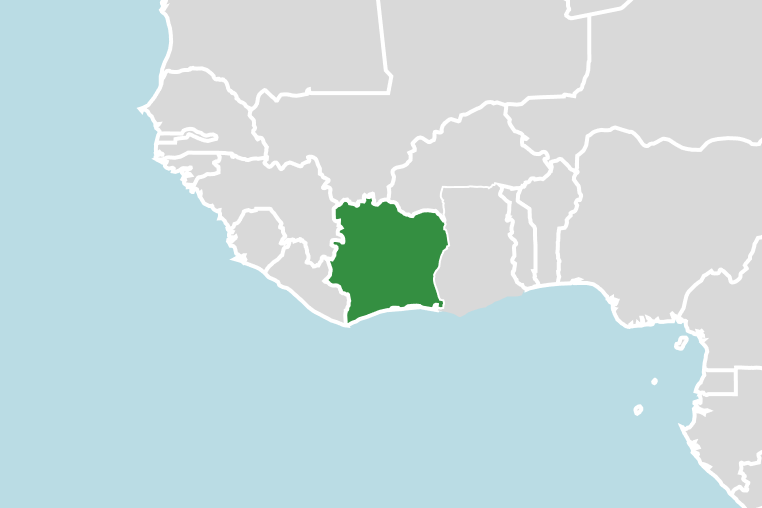
Côte d’Ivoire
Côte d’Ivoire is the world’s top exporter of cocoa and raw cashew nuts, is a net exporter of oil, and has a significant manufacturing sector. The West African nation has achieved rapid, sustained economic growth for nearly a decade.
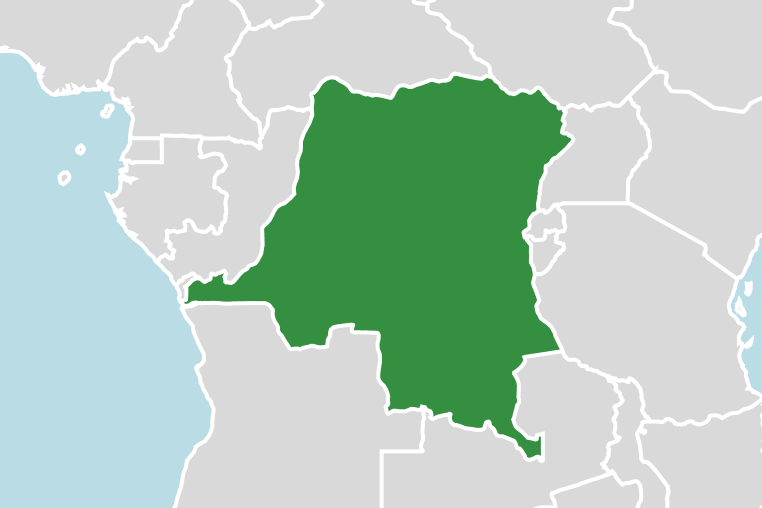
Democratic Republic of the Congo
The Democratic Republic of the Congo (DRC) signed the African Continental Free Trade Agreement (AfCTFA) in 2018 and approved it in April 2021, and submitted its instruments of ratification to the African Union (AU) in February 2022.
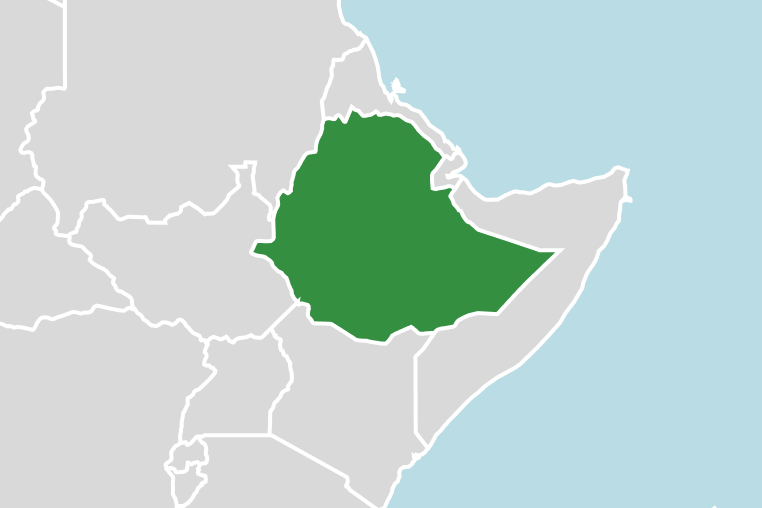
Ethiopia
Ethiopia is the second most populous country in Africa, with a population of 127 million, and is a development success on several measures.
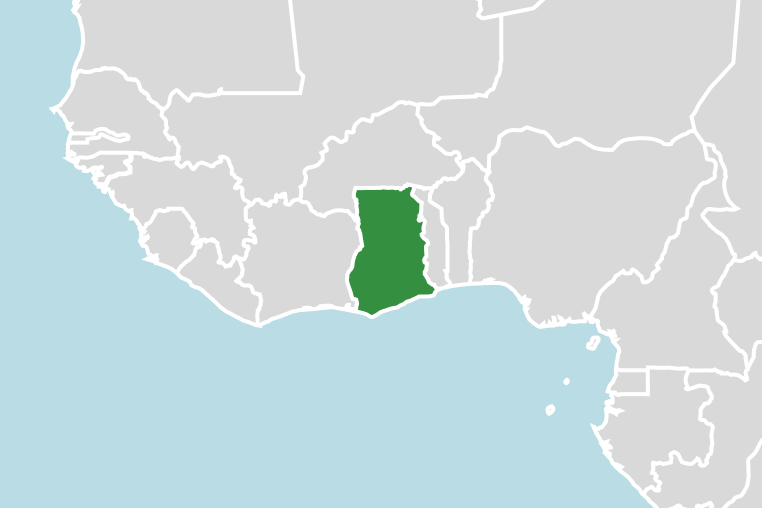
Ghana
Ghana’s legacy as a champion for African unity and integration is reflected in the way the country has become a trailblazer for the African Continental Free Trade Area (AfCFTA). Ghana was one of the first countries in Africa to sign the agreement, and the first (along with Kenya) to ratify it. The West African nation’s commitment to creating a single African market is underscored by the establishment of the AfCFTA Secretariat headquarters in Accra.
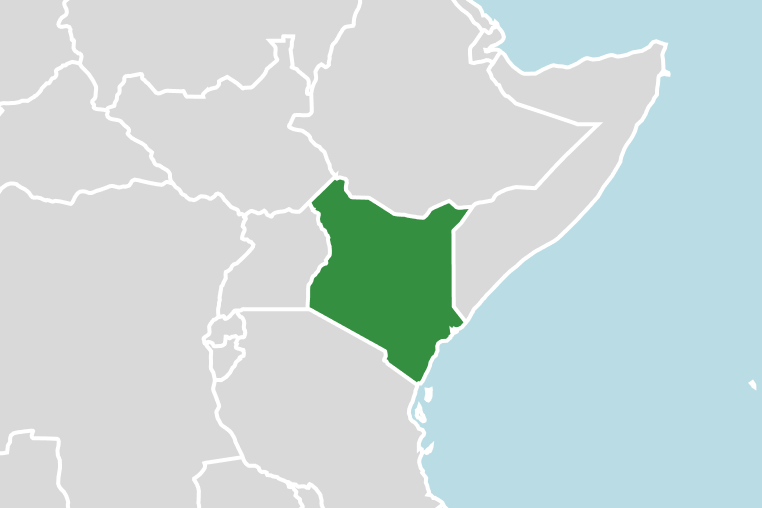
Kenya
Kenya: An East African hub for intra-African trade Key information: Kenya Kenya signed the African Continental Free Trade Area (AfCFTA) agreement in 2018 and was one of the first two countries, along with Ghana, to ratify the AfCFTA. Trade under the AfCFTA officially began on 1 January 2022. An East African hub for intra-African trade […]
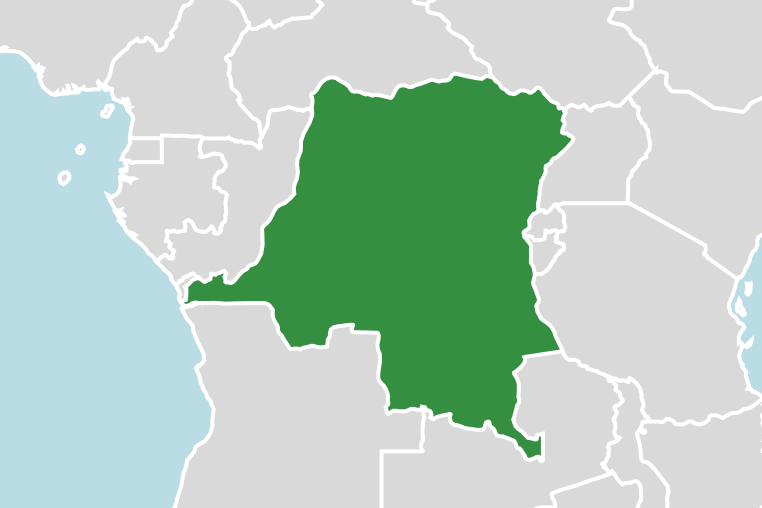
Malawi
Malawi ratified the African Continental Free Trade Area (AfCFTA) agreement in January 2021, and the country’s leaders have been outspoken about the need for member states to move quickly towards implementing a single African market. The country developed its AfCFTA implementation strategy in 2021. Most recently Malawi submitted its reviewed market access offer which allows it to participate in the second phase of the AfCFTA Guided Trade Initiative – which is a test for countries, evaluating their frameworks and readiness to engage in trade under the agreement.
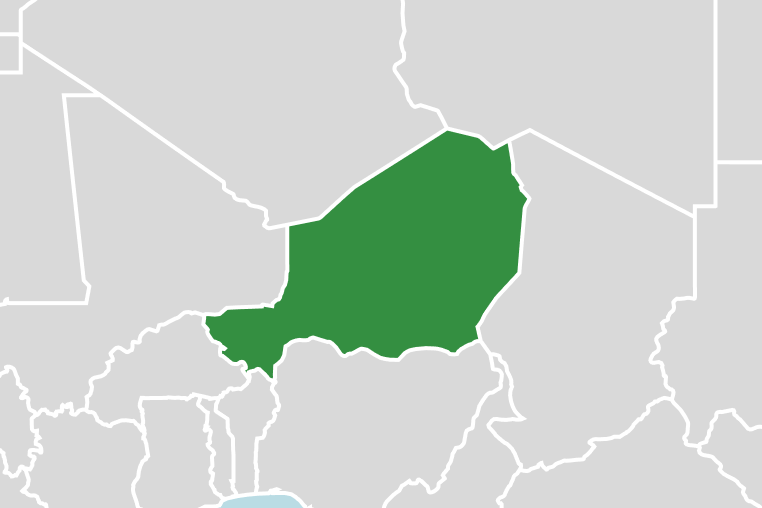
Niger
Niger is one of the world’s least developed countries, as ranked by the United Nations. According to the World Bank, the country’s extreme poverty rate (the proportion of people suffering severe deprivation of basic human needs, including food, safe drinking water, sanitation facilities, health, shelter, education and information) was more than 40%.
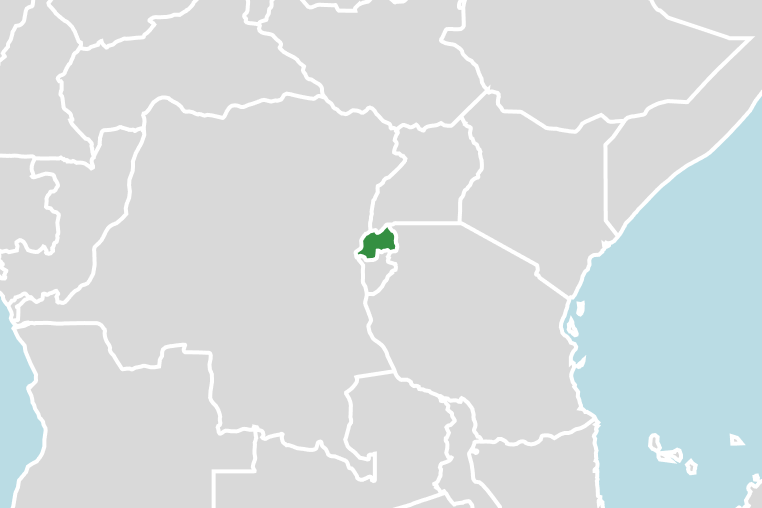
Rwanda
Rwanda and the AfCFTA Key information: Rwanda Rwanda was among the first countries to ratify the agreement on the African Continental Free Trade Area (AfCFTA), which was signed in the country’s capital, Kigali, at the 10th Extraordinary Summit of the African Union in March 2018. Rwanda recovered well in 2021 from a Covid-19-induced contraction […]
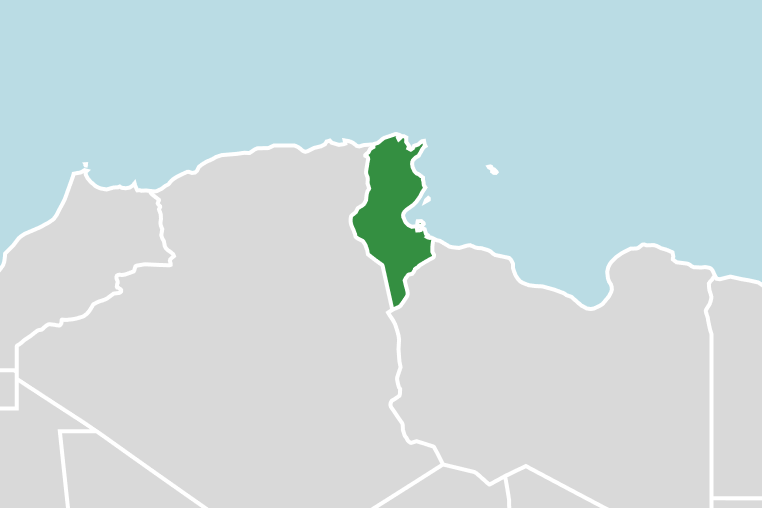
Tunisia
Tunisia, historically known for the position of the city of Carthago, has a long tradition with trade. While in the last decades trade was strongly focused on Europa, the country has in the recent years recognised the potential of African markets and is thus currently focus more and more on trade on the continent.
To support this, Tunisia joined the Common Market for Eastern and Southern Africa (COMESA) in 2018 and ratified the African Continental Free Trade Area (AfCFTA) agreement in November 2020, to deepen its African integration.
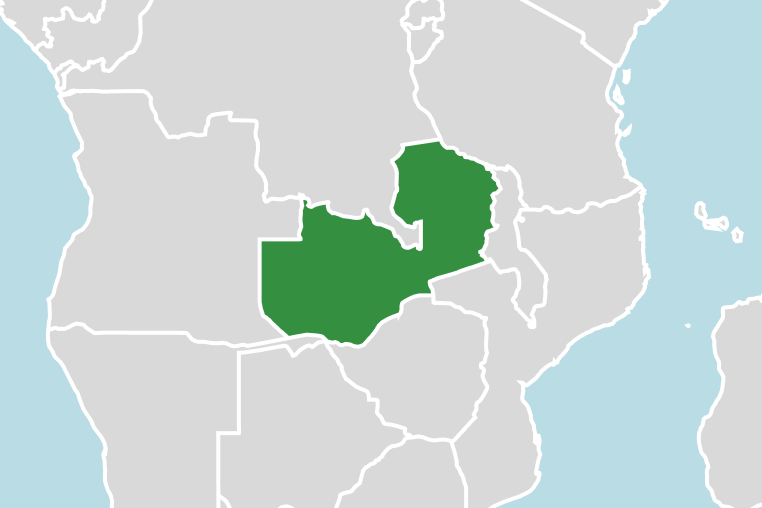
Zambia
Zambia’s commitment to the African Continental Free Trade Area (AfCFTA) is central to its aim to improve its citizens’ standard of living by boosting its economic performance. It is also anchored in its historical support of the African Union (AU) and of regional economic communities such as the Southern African Development Community, and the Common Market for Eastern and Southern Africa.
RECs
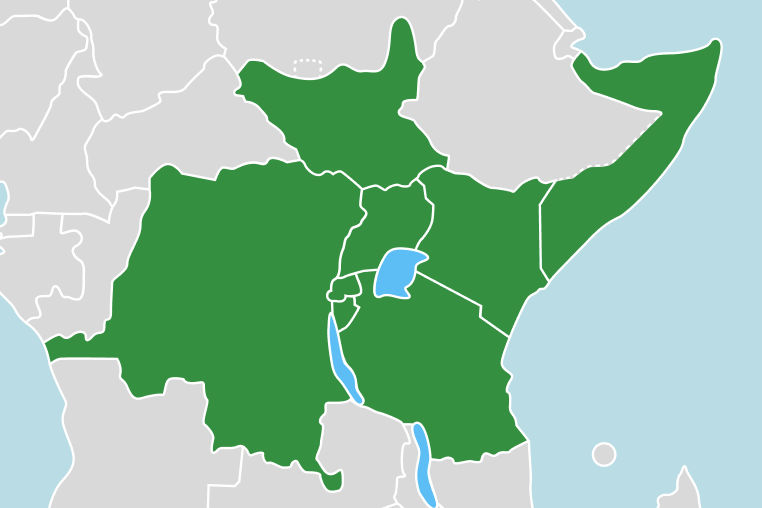
EAC
The African Continental Free Trade Area (AfCFTA), under which trading began in January 2021, seeks to create a major economic and technological transformation across Africa’s 54 countries (all AfCFTA signatories) at national and regional levels through making use of and adding value to Africa’s diverse resources, within the context of deeper regional integration. It seeks to address Africa’s development challenges by progressively moving from a factor-driven to an investment- and efficiency-driven approach, and ultimately to a high growth level driven by knowledge, innovation and business sophistication.
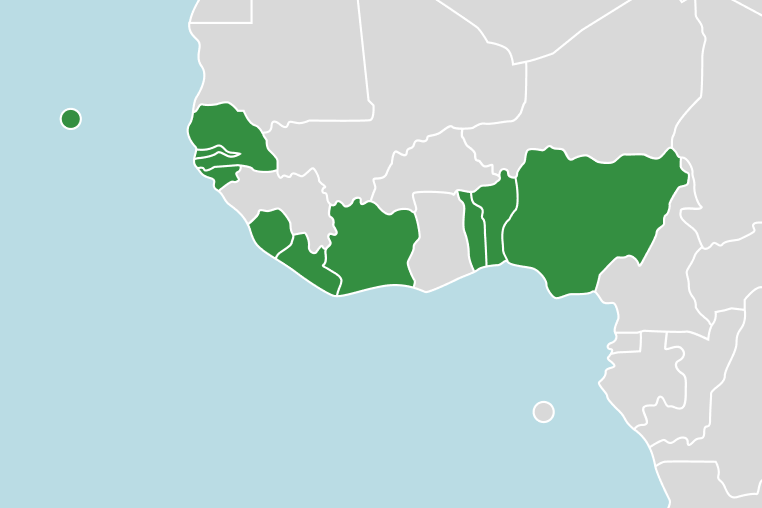
ECOWAS
The African Continental Free Trade Area (AfCFTA), under which trading began in January 2021, seeks to create a major economic and technological transformation across Africa’s 54 countries (all AfCFTA signatories) at national and regional levels. This transformation is expected to come through using and adding value to Africa’s diverse resources, within the context of deeper regional integration.
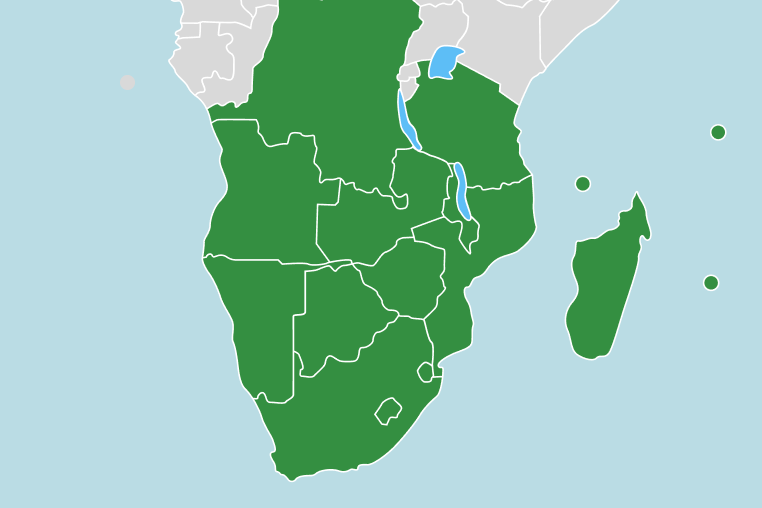
SADC
SADC and the AfCFTA Key information: SADC The Southern African Development Community (SADC), comprising of 16 member states1, is one of the eight regional economic communities (RECs) recognised by the African Union as building blocks for the African Economic Community. It. SADC was established in August 1992 in Windhoek, Namibia, and is committed to regional […]
